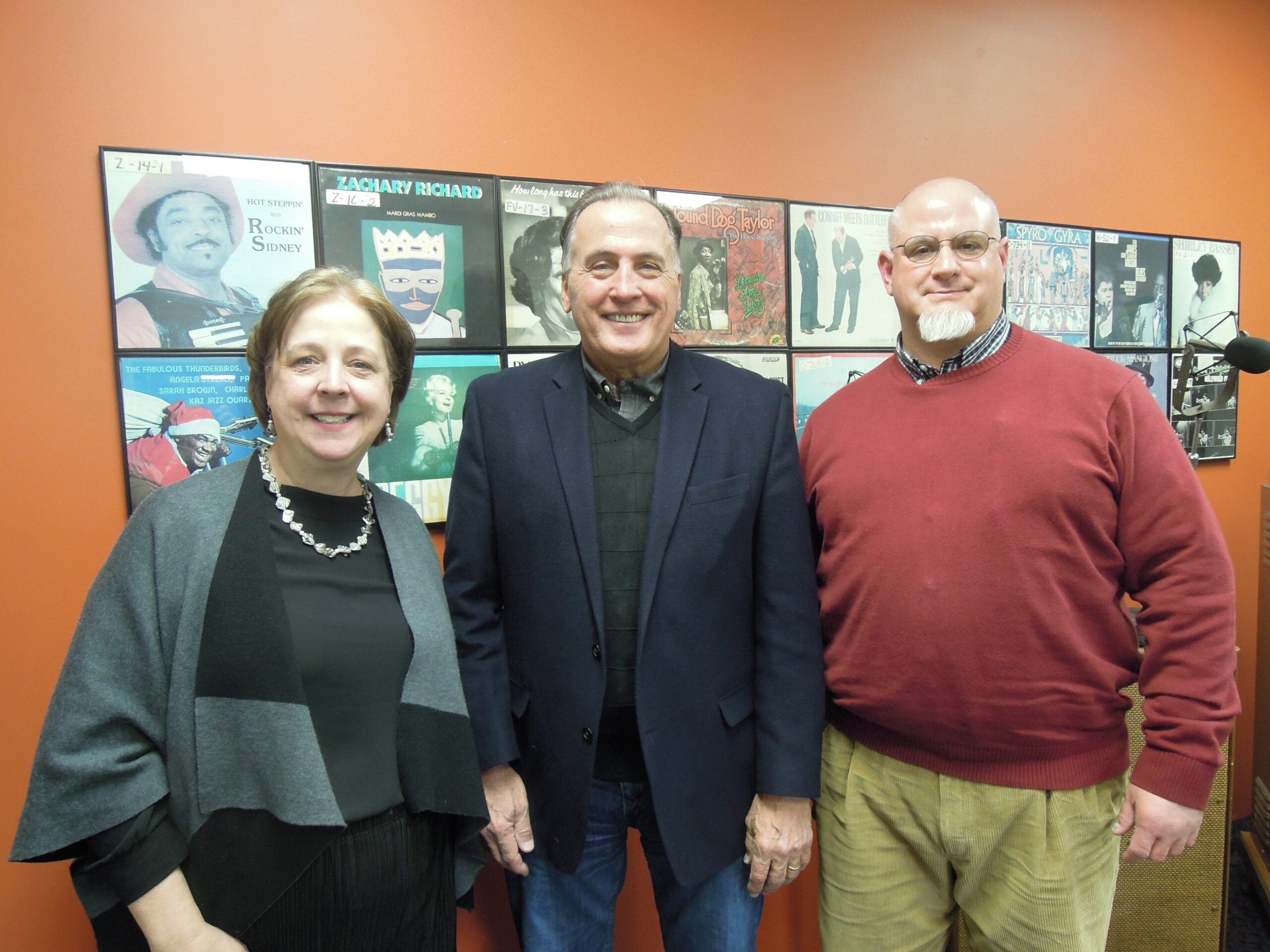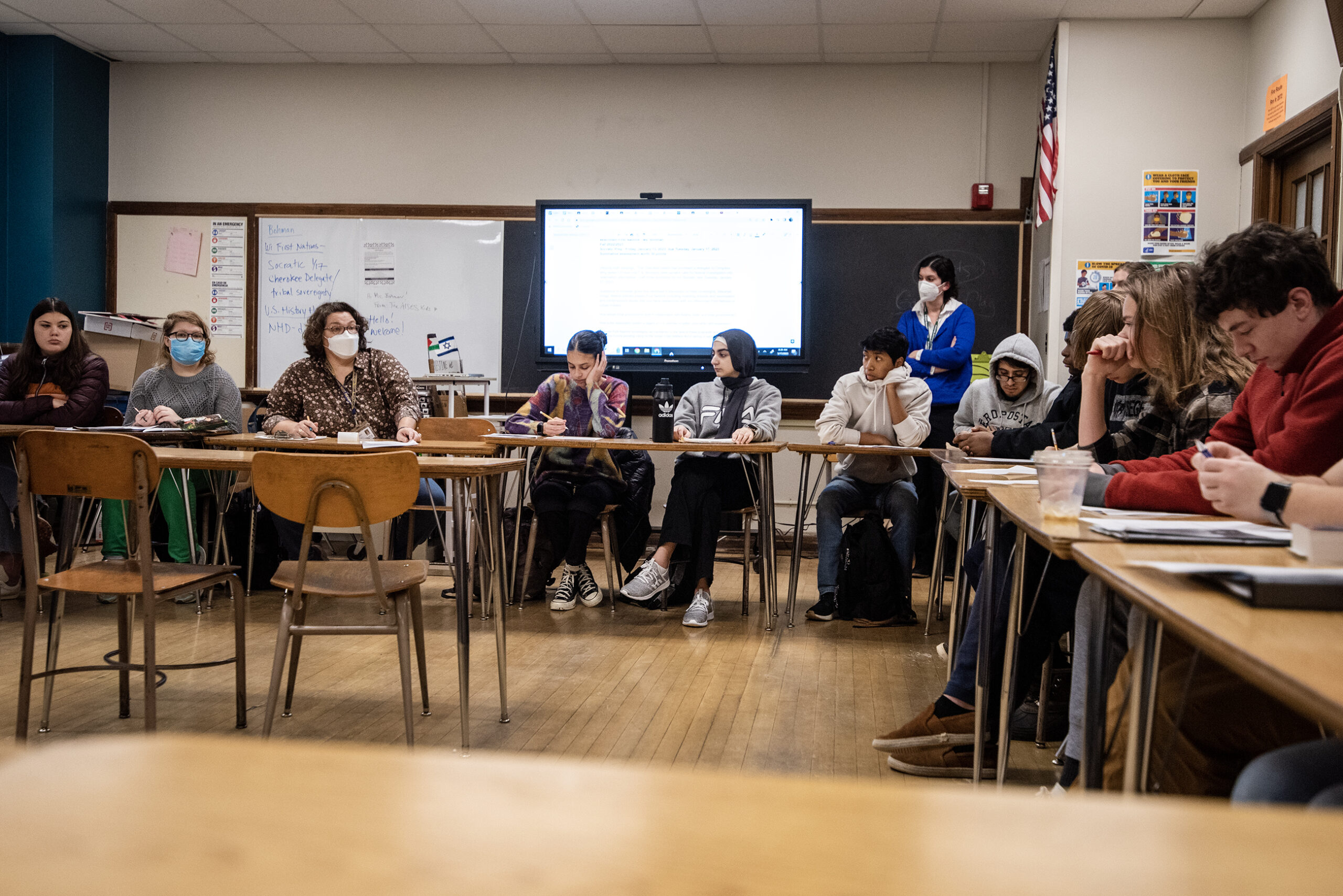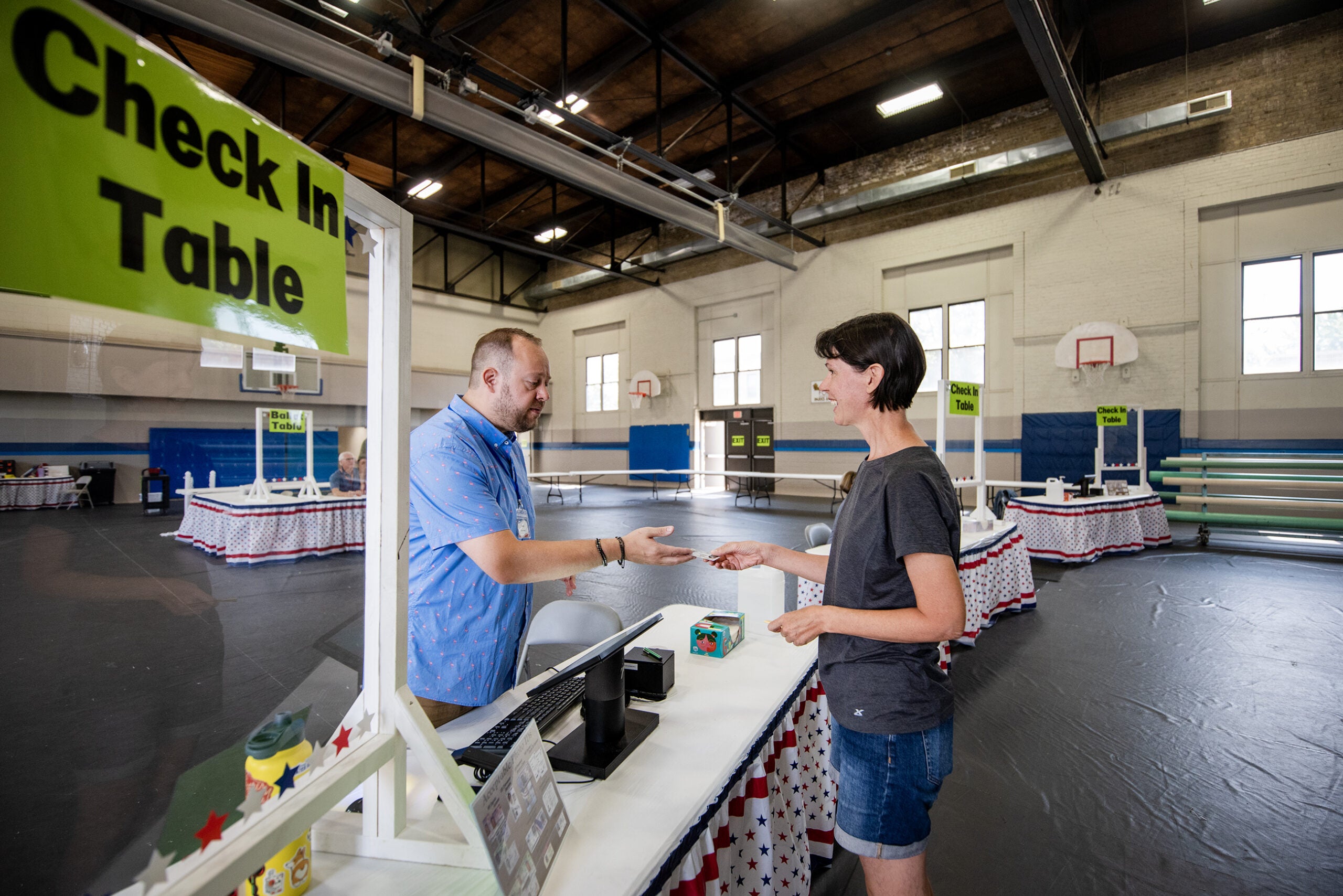A recent presentation in La Crosse looked at the declining trust in American journalism and strategies to get people to accept the same information as fact again — especially in politics.
“We have declining trust in news, but we have declining trust in other institutions as well and I think they’re connected,” said Kathleen Bartzen Culver, director of the University of Wisconsin-Madison’s Center for Journalism Ethics and a guest speaker at the March 5 event.
“When you have increasing polarization and attacks based on that polarization, it can cause people to lose trust across the board. I think that makes it very hard for us to find that common good and work toward it together,” she said.
Culver said numerous surveys and qualitative research in recent years shows a declining trust in journalism.
But, she said politics seems to be a contributing factor.
“The trust in news is declining overall, but it’s very much segmented by partisan belief. Liberals tend to trust the news media in general more and conservatives, people who vote Republican tend to trust it less,” Culver said.
“One of the things that is really disconcerting to me is that everything is pitched as a partisan battle. Even what seems like the tiniest policy issue, it’s what does the left think versus what does the right think? That may be a way to win elections, but it’s not a way to govern,” she said.
LeaderEthics-Wisconsin, a La Crosse-based organization working to elevate the ethics of politicians around the state, is also trying to find strategies to restore trust in facts.
“There are strategies by the political parties, by think tanks and even other countries that are causing this divide. Unless we as citizens can recognize and process factual information from (information) that’s designed to be misleading, it will be very challenging for us to have ethical leadership,” said Lee Rasch, LeaderEthics-Wisconsin executive director.
One thing the panelists noted was that the way people get the news has changed a lot in the last 25 years.
From the internet and social media to 24-7 news outlets and talk radio, people can now consume news in silos said Sam Scinta, a UW-La Crosse political science lecturer and president of IM Education, a La Crosse area nonprofit that focuses on critical thinking.
“The internet values everything the same way. When you pull up a search list, everything looks like it is equally valid,” he said. “If we do not have news sources that we feel are honest or reliable, it’s going to harm reliability and access to information, which we need for critical thinking.”
Culver said news organizations have a big role to play in regaining public trust. She said news organizations can do a much better job explaining to news consumers why they are doing a story.
Culver also said the competition to be first with a story, a need to constantly have new content and media companies that only want to make a profit are often not the best ways to practice journalism.
She also believes politicians can play a role in improving public perception.
“If a person is hearing messages about transparency, honesty, integrity, moving away from fear and anger as drivers from somebody they support, for instance a political leader, that message can go far,” Culver said.
“To have someone that you vote for to say, ‘It’s important for us to not be dealing with issues in this way,’ can be very powerful,” she said.
Culver said other ways to elevate the information gap could include investing more in libraries, which are better sources of information than the internet.
She also encouraged people to have more discussions with people they disagree with, not looking to argue with them, but hearing their position with an empathetic ear.
– John Davis
Episode Credits
- Hope Kirwan Host
- John Davis Producer
- Kathleen Bartzen Culver Guest
- Lee Rasch Guest
- Sam Scinta Guest
Wisconsin Public Radio, © Copyright 2024, Board of Regents of the University of Wisconsin System and Wisconsin Educational Communications Board.





